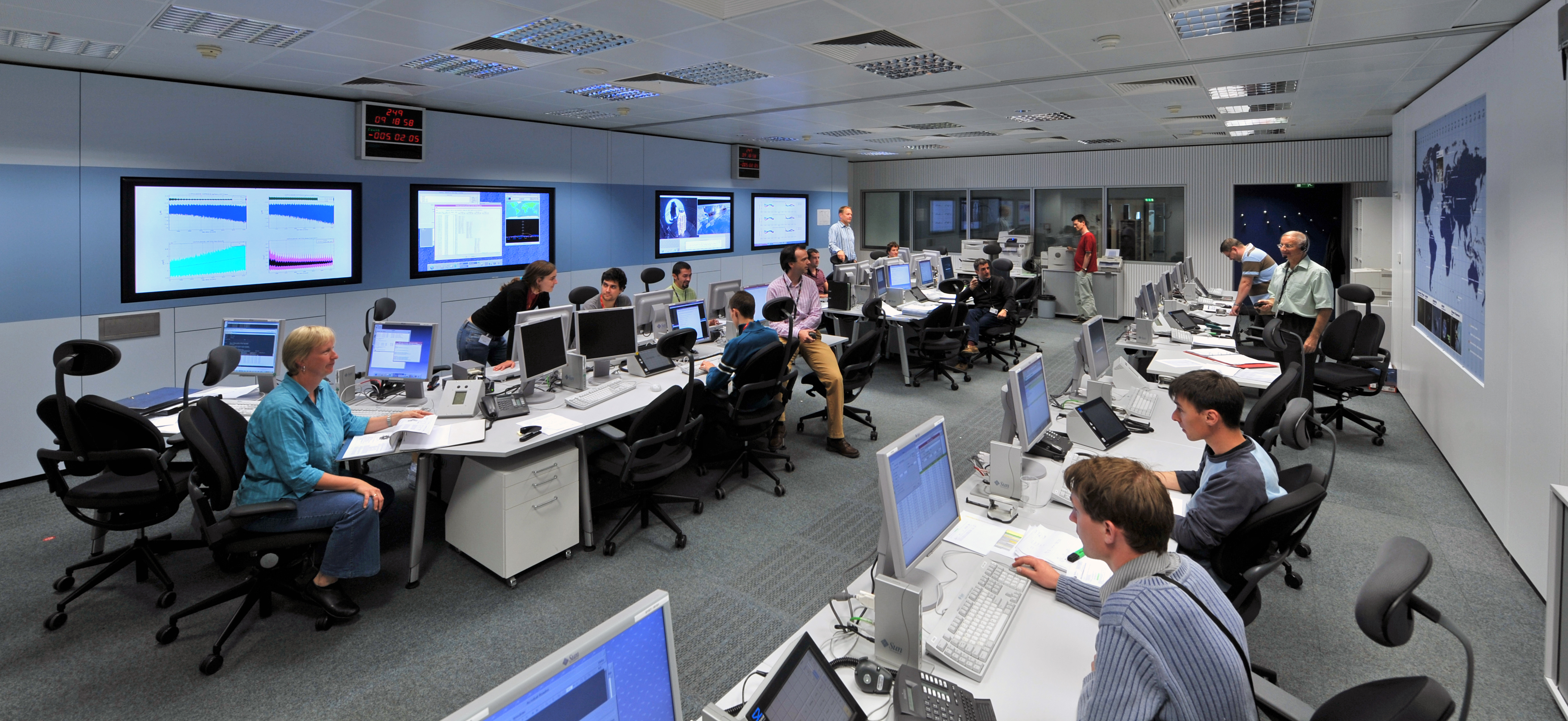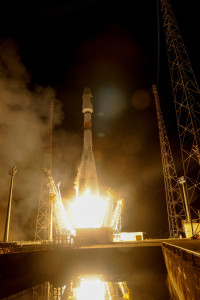The European Commission has published the first version of the Galileo Open Service Signal-In-Space Operational Status Definition (OS SIS OSD) Document.
Download the OS SIS OSD Document.
The document is divided into three sections: Read more…

The European Commission has published the first version of the Galileo Open Service Signal-In-Space Operational Status Definition (OS SIS OSD) Document.
Download the OS SIS OSD Document.
The document is divided into three sections: Read more…

After a flawless orbit injection by Soyuz on 11 September, the critical launch & early orbit phase (LEOP) went extremely well, and both satellites are in excellent health and now enroute to their final operational orbits. Read more…

All the Soyuz stages performed as planned, with the Fregat upper stage releasing the satellites into their target orbit close to 23 500 km altitude, around 3 hours and 48 minutes after liftoff.
“The deployment of Europe’s Galileo system is rapidly gathering pace” said Jan Woerner, Director General of ESA. “By steadily boosting the number of satellites in space, together with new stations on the ground across the world, Galileo will soon have a global reach. The day of Galileo’s full operational capability is approaching. It will be a great day for Europe.” Read more…
On tonight’s launch from the Guiana Space Center, Arianespace will orbit the two latest Galileo satellites. Carried out on behalf of the European Commission, under a European Space Agency (ESA) contract, this launch will orbit the ninth and tenth Galileo FOC satellites.
While waiting for the launch enjoy these pics from the European Space Centre thanks to CNES.
Following liftoff from the Guiana Space Center, the powered phase of the lower three Soyuz stages will last about nine minutes. The third stage of the launcher will then be separated from the upper composite, comprising the Fregat upper stage and the Galileo satellites 9 & 10. The three lower stages and the fairing will fall back into the sea.
After a first burn, the upper composite is spun up during a ballistic phase lasting about 3 hours and 15 minutes. Then, Fregat will ignite its own engine to bring the upper composite to a transfert orbit above the Earth. At a pre-determined point of this orbit, Fregat will ignite a second burn lasting 4 minutes to reach the circular orbit of separation.
At the end of the mission, the Fregat upper stage will be passivated. The Galileo satellites will then lower their altitude in order to reach their operational orbit.
Next we present a couple of recent videos taken in the European Space Centre in Kourou (French Guiana), where the Galileo 9 & 10 Soyuz VS12 launch campaign is explained by Jean-Claude Chiarini (ESA Mission Director) and Thierry Wilmart (Arianespace Mission Director).
Galileo satellites 9 and 10 are scheduled to lift off at 02:08 GMT (04:08 CEST) on 11 September from Europe’s Spaceport.
On September 11, 2015, the 9th and 10th satellites for the Galileo Constellation will be launched on top of a Soyuz from Europe’s spaceport in Kourou.With this launch one third of the Galileo satellites will be in orbit proving that the building of the Galileo programme is well underway. Galileo is a partnership between the European Commission and ESA, with a delegation agreement by which ESA acts as design and procurement agent on behalf of the Commission. So far Galileo is working beyond expectation and now return of experience can also be taken onto account. This video shows preparations of both Galileo satellites and Soyuz launcher in Kourou, it includes an interview with Javier Benedicto, Galileo Project Manager.